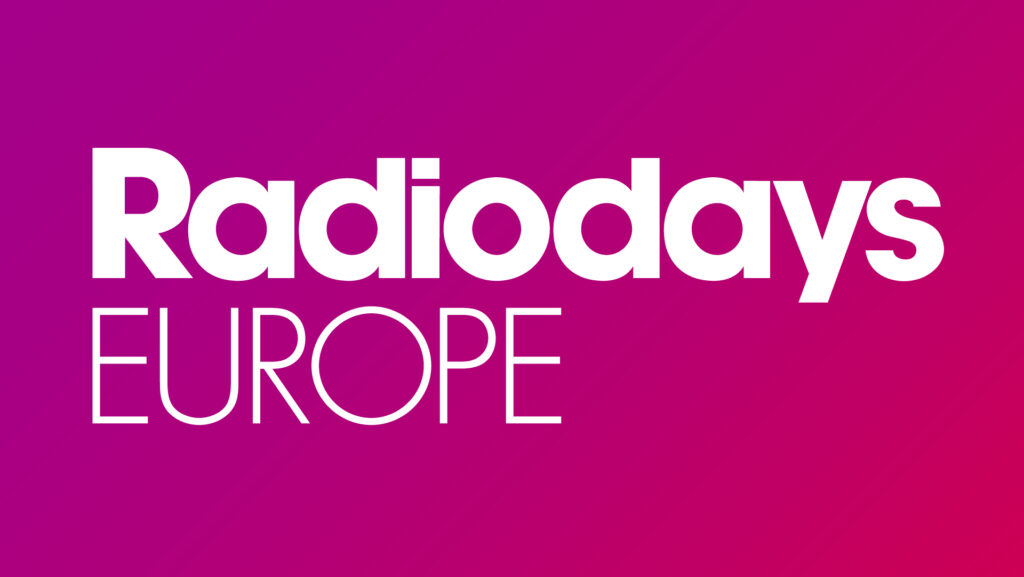It’s all about data. But just having it is not enough; the key is knowing how to use it properly, and these three speakers knew exactly that.
Head of digital development at FFH, a popular German radio station, Roger Hofmann found a way to use data to advance the idea of Radio Creator. The program helps you replace music in your broadcast according to your listener’s taste while keeping news and ads running. His program then created more than 80 radio stations, all of which had different musical styles. His goal is to simply give every listener the content that fits perfectly.
Journalism is a service that contains a lot of work. Tav Klitgaard (CEO of Zetland’s platform and Good Tape) found a solution: a secure and automatic transcription service called Good Tape. He says a secret of this platform is that “we join knowledge, design, ethics, and creativity and use the outcome for a greater good”. Users can upload any audio file; it is built on OpenAI’s, it is free to try and to use and the data stays in Europe. It handles 80 languages, has +30 000 users, 120 000 transcriptions made and +100 000 hours saved. For the future we can expect speaker attribution.
If you could never find a podcast that would fit like a glove, you weren’t the only one. Benjamin Biering, head of AI development at Podimo, one of the fastest-growing startups in Europe, has filled this gap with their collection of audio content. The catch was using AI transcripts to label every podcast or audiobook. After subscribing, Podimo uses data from your prior listens to recommend to every user a personalized selection of audio shows.



